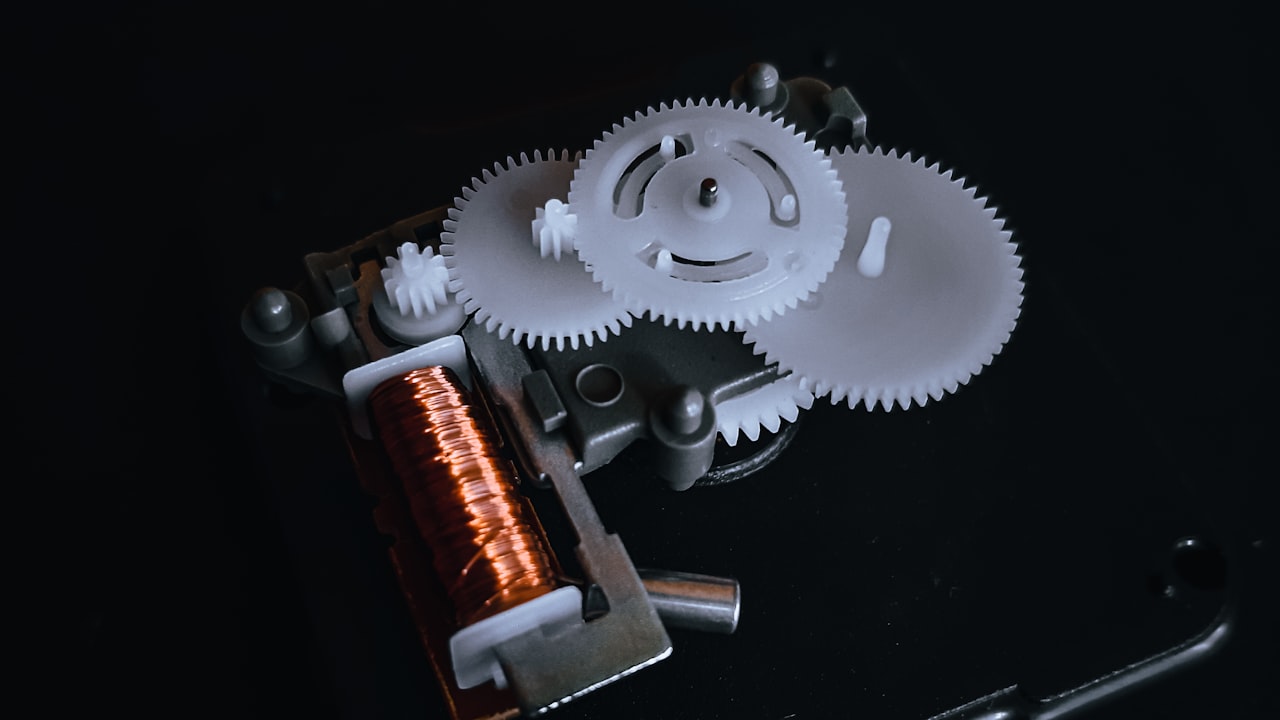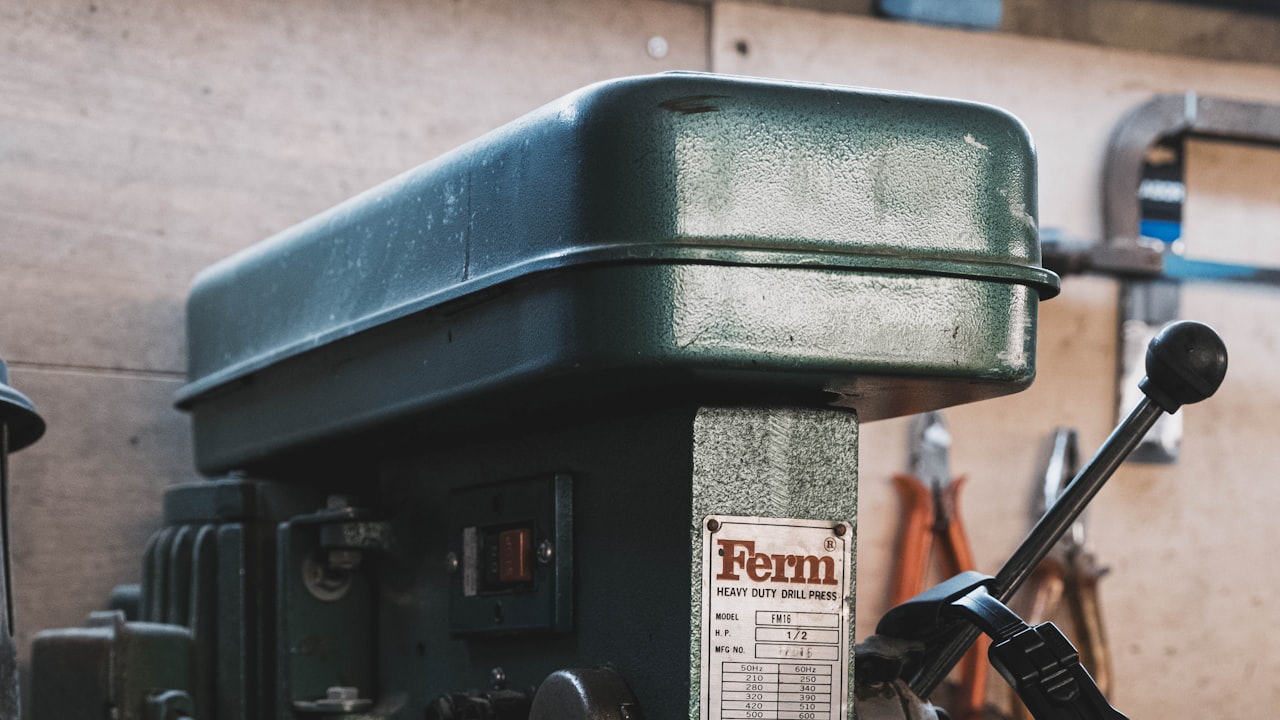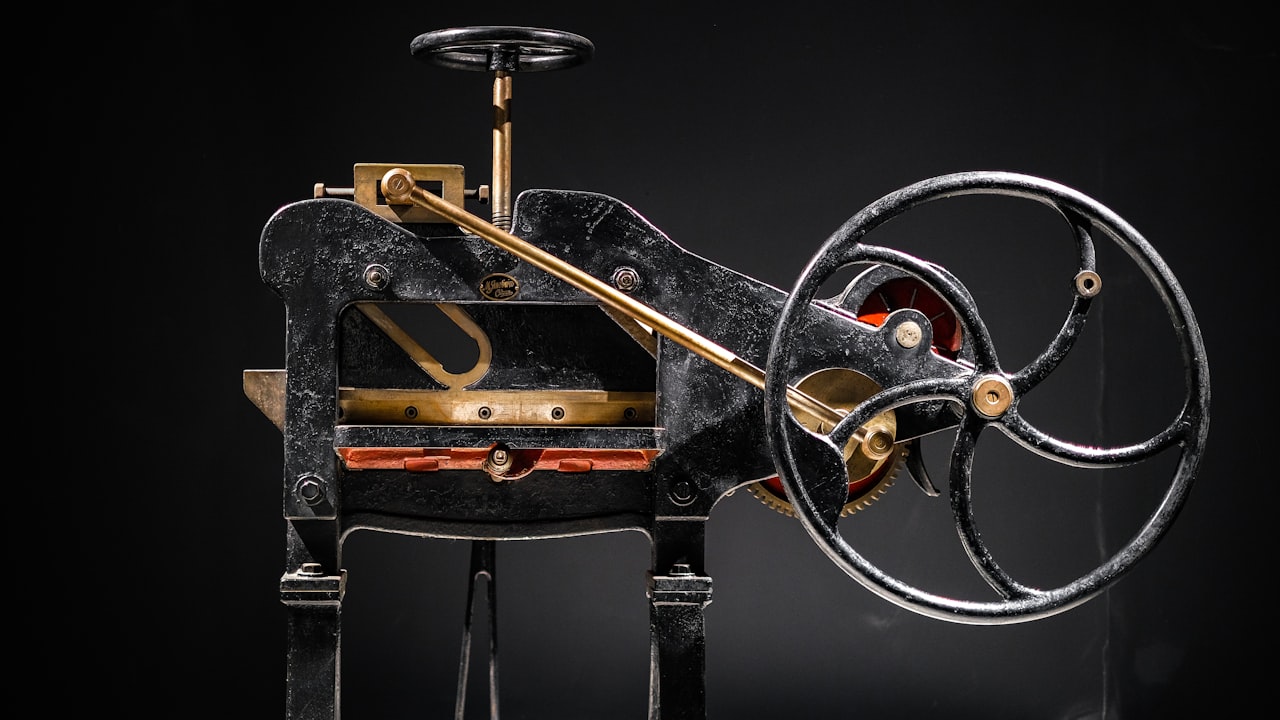 Title: Revolutionizing Pharmaceutical Production: The Impact of Pharmaceutical Machinery
Title: Revolutionizing Pharmaceutical Production: The Impact of Pharmaceutical Machinery
Pharmaceutical machinery plays a crucial role in the modern pharmaceutical industry, revolutionizing the way medications are produced and distributed. Key machines such as table press machines, capsule filling machines, TDP (Tablet Press Machine), and THDP (High-Speed Tablet Press Machine) have significantly enhanced efficiency and precision in drug manufacturing processes.
Table press machines are essential in the production of pharmaceutical tablets. These machines compress powdered ingredients into solid tablets of precise sizes and shapes. With the advancement of technology, modern table press machines offer features such as automatic feeding systems, adjustable compression settings, and high-speed production capabilities. This not only increases the production output but also ensures uniformity and consistency in tablet quality.
Capsule filling machines are another critical component of pharmaceutical machinery. These machines automate the process of filling empty capsules with the desired drug formulation. By accurately measuring and filling the capsules, capsule filling machines improve dosage accuracy and reduce human error in the manufacturing process. Advanced capsule filling machines can handle a wide range of capsule sizes and fill them at high speeds, increasing production efficiency.
The introduction of TDP and THDP machines has further transformed pharmaceutical production processes. TDP machines, also known as single-punch tablet press machines, are compact and versatile devices that are ideal for small-scale production. They offer precise control over the tablet compression process, making them suitable for manufacturing tablets with specific formulations or dosages. On the other hand, THDP machines are high-speed tablet press machines that are capable of producing a large number of tablets in a short period. These machines are equipped with advanced features such as automated feeding systems, multiple tooling stations, and real-time monitoring capabilities, making them ideal for large-scale pharmaceutical production.
Overall, pharmaceutical machinery, including table press machines, capsule filling machines, TDP, and THDP machines, has revolutionized the pharmaceutical industry by improving production efficiency, ensuring product quality, and reducing manufacturing costs. With ongoing technological advancements, these machines continue to play a vital role in streamlining drug manufacturing processes and meeting the growing demand for high-quality medications in the global market.

 Title: “Revolutionizing Pharmaceutical Manufacturing through Advanced Pharmaceutical Machinery”
Title: “Revolutionizing Pharmaceutical Manufacturing through Advanced Pharmaceutical Machinery” “Revolutionizing Pharmaceutical Manufacturing with Advanced Pharmaceutical Machinery”
“Revolutionizing Pharmaceutical Manufacturing with Advanced Pharmaceutical Machinery” Title: The Role of Pharmaceutical Machinery in the Modern Medicine Industry
Title: The Role of Pharmaceutical Machinery in the Modern Medicine Industry Title: Revolutionizing Pharmaceutical Production: The Impact of Pharmaceutical Machinery
Title: Revolutionizing Pharmaceutical Production: The Impact of Pharmaceutical Machinery Title: “The Role of Pharmaceutical Machinery in Modern Drug Manufacturing”
Title: “The Role of Pharmaceutical Machinery in Modern Drug Manufacturing” Title: The Evolution of Pharmaceutical Machinery in Modern Medicine
Title: The Evolution of Pharmaceutical Machinery in Modern Medicine Title: “The Role of Pharmaceutical Machinery in Modern Medicine Manufacturing”
Title: “The Role of Pharmaceutical Machinery in Modern Medicine Manufacturing” Title: The Role of Pharmaceutical Machinery in Drug Production
Title: The Role of Pharmaceutical Machinery in Drug Production Title: “Revolutionizing the Pharmaceutical Industry: The Impact of Pharmaceutical Machinery on Drug Manufacturing”
Title: “Revolutionizing the Pharmaceutical Industry: The Impact of Pharmaceutical Machinery on Drug Manufacturing”



